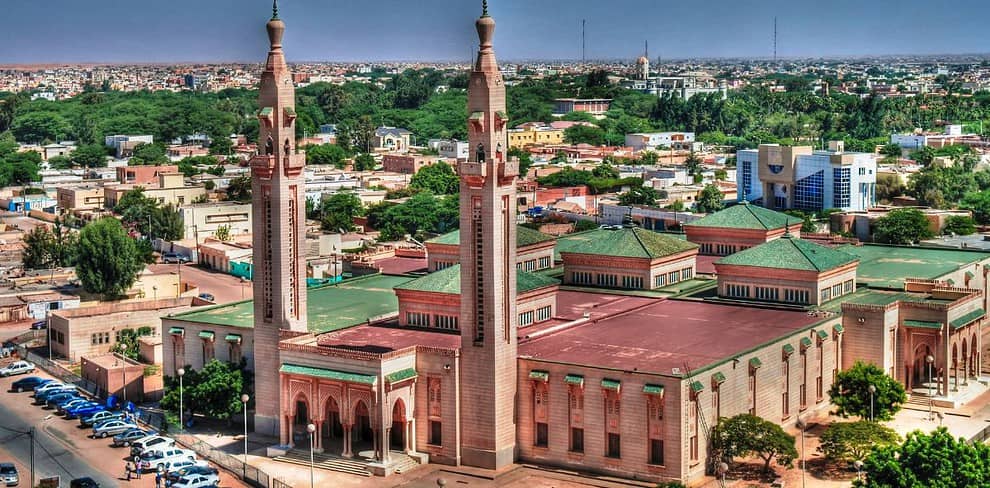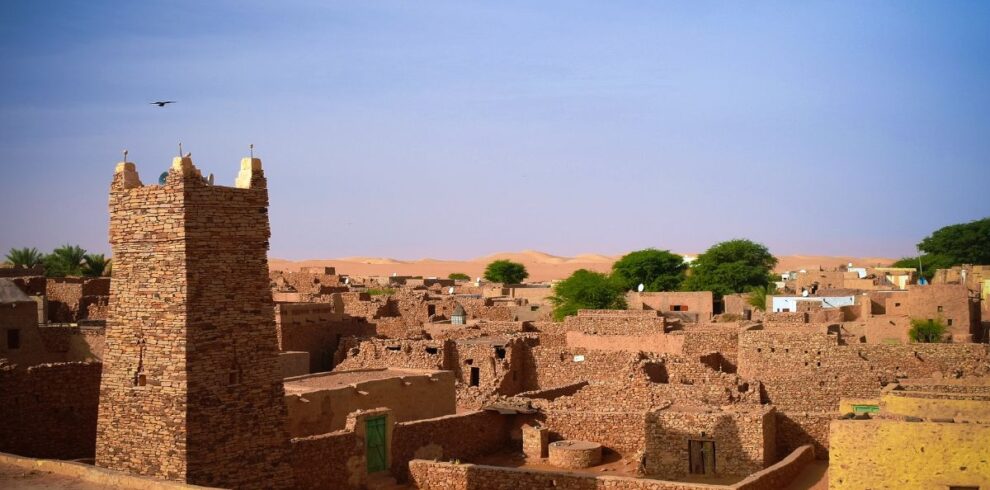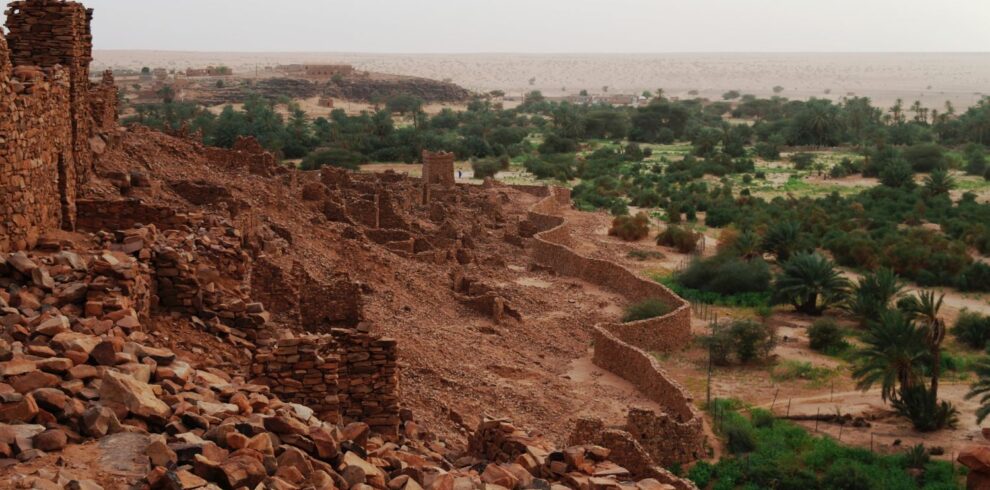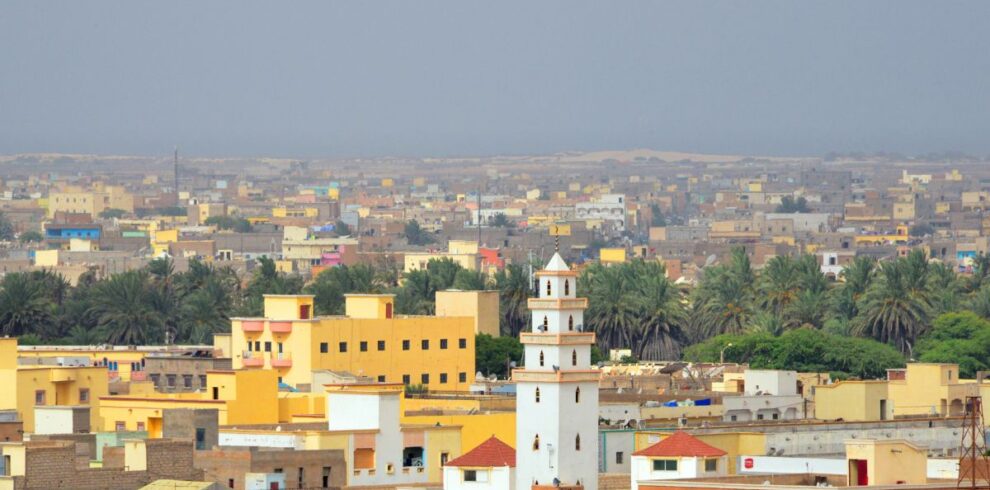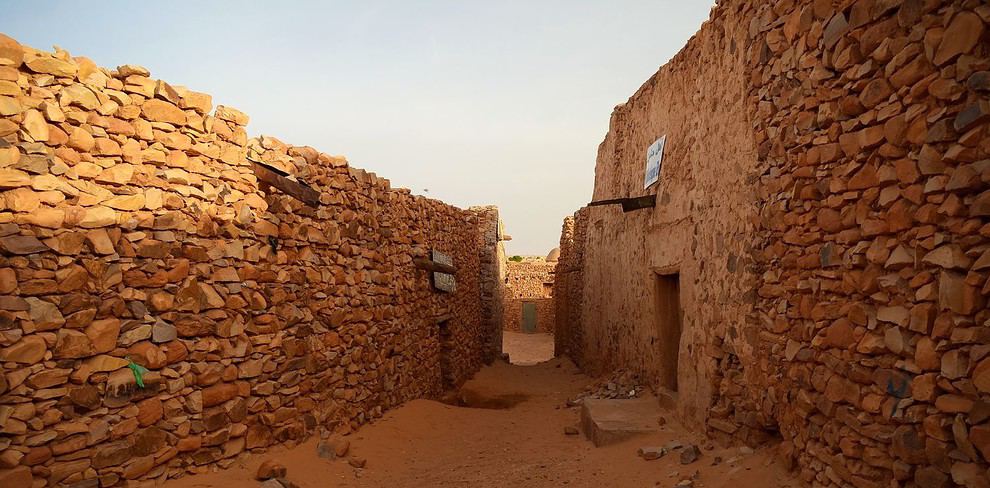Table of Contents
Delve into Mauritania tanian culture as we provide you with an in-depth understanding of the customs of Mauritania, and its diverse and vibrant heritage, encompassing traditions, values, and unique customs and practices.
Mauritanians place a strong emphasis on hospitality, welcoming guests with open arms. Family is at the core of Mauritanian society, with strong bonds and a sense of community. It’s important to recognize that Mauritania culture is continually evolving, influenced by historical events, regional dynamics, and global interactions.
Understanding the culture of Mauritania can provide valuable insights into the complex and diverse society of the country.
Mauritania Culture
Here are the most important points to begin learning about Mauritania culture and customs:
- Ethnic Diversity: Mauritania is a country with a diverse mix of ethnic groups, each with its own customs and traditions. The major ethnic communities include Arab-Berbers, Haratines, Soninke, and Wolof, among others.
- Languages: Arabic is the official language of Mauritania, but various regional languages and dialects are spoken throughout the country, including Hassaniya Arabic, Pulaar, Soninke, and Wolof.
- Islamic Practices: Mauritania is predominantly a Muslim country, and Islam plays a central role in Mauritania culture, influencing daily life, values, and societal norms. This includes daily prayers, fasting during Ramadan, and adherence to Islamic dietary laws. The majority of Mauritanians practice Sunni Islam.
- Greeting Etiquette: Greetings are an essential part of Mauritania culture. Handshakes are common between men, while men and women usually do not shake hands. Instead, they greet each other verbally with polite phrases.
- Traditional Clothing: Traditional Mauritanian clothing, such as the “boubou” for men and various traditional dresses for women, is commonly worn. Traditional attire varies by region and ethnicity but remains an integral part of Mauritanian identity.
- Cuisine: Mauritanian cuisine features dishes like couscous, rice, grilled meats, and a variety of stews. It reflects a blend of Arab, Berber, and West African flavors.
- Respect for Elders: Respect for elders is a deeply ingrained custom. Younger individuals show deference to their seniors through words and actions.
- Arts and Crafts: Mauritania has a rich tradition of arts and crafts, including intricate weaving, pottery, and leatherwork.
- Music and Dance: Traditional Mauritanian music includes instruments like the tidinit and tbal. Folk dances are an integral part of cultural celebrations.
- Celebration of Festivals: Mauritanians celebrate various religious and cultural festivals, such as Eid al-Fitr, Eid al-Adha, and Maulid al-Nabi (the Prophet’s Birthday). These celebrations often involve special prayers, feasts, and gatherings with family and friends.
- Family and Community: Family is central to Mauritanian society, and strong community bonds are essential for support and social cohesion.
- Gender Roles: Gender roles are traditionally defined, with men and women often occupying distinct social spheres. However, changes are occurring, particularly in urban areas.
- Marriage Customs: Mauritania has various marriage customs, with arranged marriages being one of them. Families play a significant role in matchmaking, and marriage is seen as a commitment not only between individuals but also between families.
- Resilience and Traditions: Mauritania’s history and nomadic way of life have shaped its culture, fostering resilience and a strong connection to traditional values.
These customs are essential aspects of Mauritania culture and are readily visible in everyday life, reflecting the country’s rich cultural heritage and strong sense of community and tradition.
Mauritania Traditional Attire
Mauritania’s traditional attire reflects the country’s diverse cultural heritage, regional variations, and historical influences. The clothing worn by Mauritanians serves both functional purposes and carries significant cultural and social meanings.
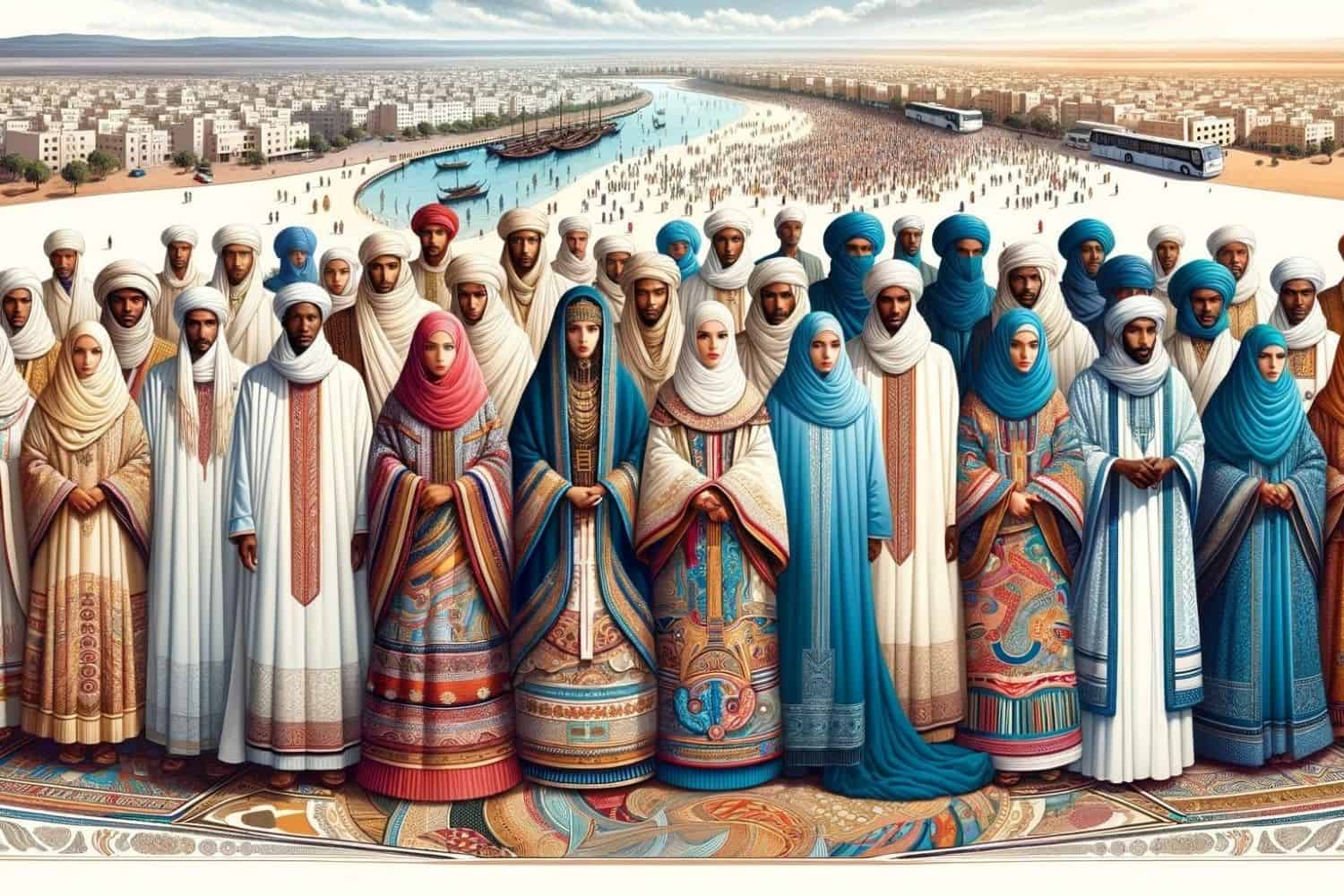
1. Regional Variation: Traditional clothing in Mauritania varies from region to region, influenced by local climate, lifestyle, and ethnic traditions. In the cooler northern areas, people tend to wear heavier and more layered garments, while in the warmer southern regions, lighter clothing is preferred.
2. Moors’ Dress: The traditional attire of the Moors, one of Mauritania’s largest ethnic groups, includes the “boubou” for men and women. This flowing robe-like garment is often accompanied by a headscarf or turban for men. Women may wear vibrant boubous with intricate embroidery and colorful patterns.
3. Wolof and Soninke Attire: Wolof and Soninke ethnic groups, among others, have their distinctive traditional clothing. For instance, Wolof men may wear a “batakari,” a loose-fitting tunic, while Soninke women often adorn themselves in elegant dresses adorned with hand-embroidery.
4. Nomadic and Tribal Clothing: Nomadic tribes in Mauritania, like the Imraguen and Fulani, have unique attire suited to their nomadic lifestyles. They might wear brightly colored garments, jewelry, and distinctive headpieces. These nomadic styles are not only functional but also symbolic of their tribal identity.
5. Modesty and Cultural Significance: Traditional Mauritanian clothing emphasizes modesty, with loose-fitting garments covering the body. The choice of colors, fabrics, and embroidery often carries cultural and regional significance, and the attire may also indicate one’s social or marital status.
6. Special Occasion Attire: Mauritanians dress elaborately for special occasions and celebrations, with vibrant and ornate clothing adorned with intricate beadwork, embroidery, and jewelry. Weddings, festivals, and religious events are opportunities for individuals to showcase their finest traditional attire.
7. Adaptation to Modernity: While traditional attire remains important, urbanization and modern influences have led to the integration of Western clothing in daily life, especially in urban areas like Nouakchott. Many Mauritanians wear a combination of traditional and contemporary clothing, reflecting changing lifestyles and global fashion trends.
Mauritania’s traditional attire is not just a matter of clothing; it is a vibrant expression of the country’s cultural diversity, history, and identity. It serves as a visual testament to the rich tapestry of traditions that have shaped Mauritanian society for centuries.
Mauritania Marriage Traditions
Marriage traditions in Mauritania are deeply rooted in its diverse cultural and religious heritage, with variations across different ethnic groups and regions. These traditions hold significant importance in Mauritanian society, reflecting both historical practices and contemporary influences.
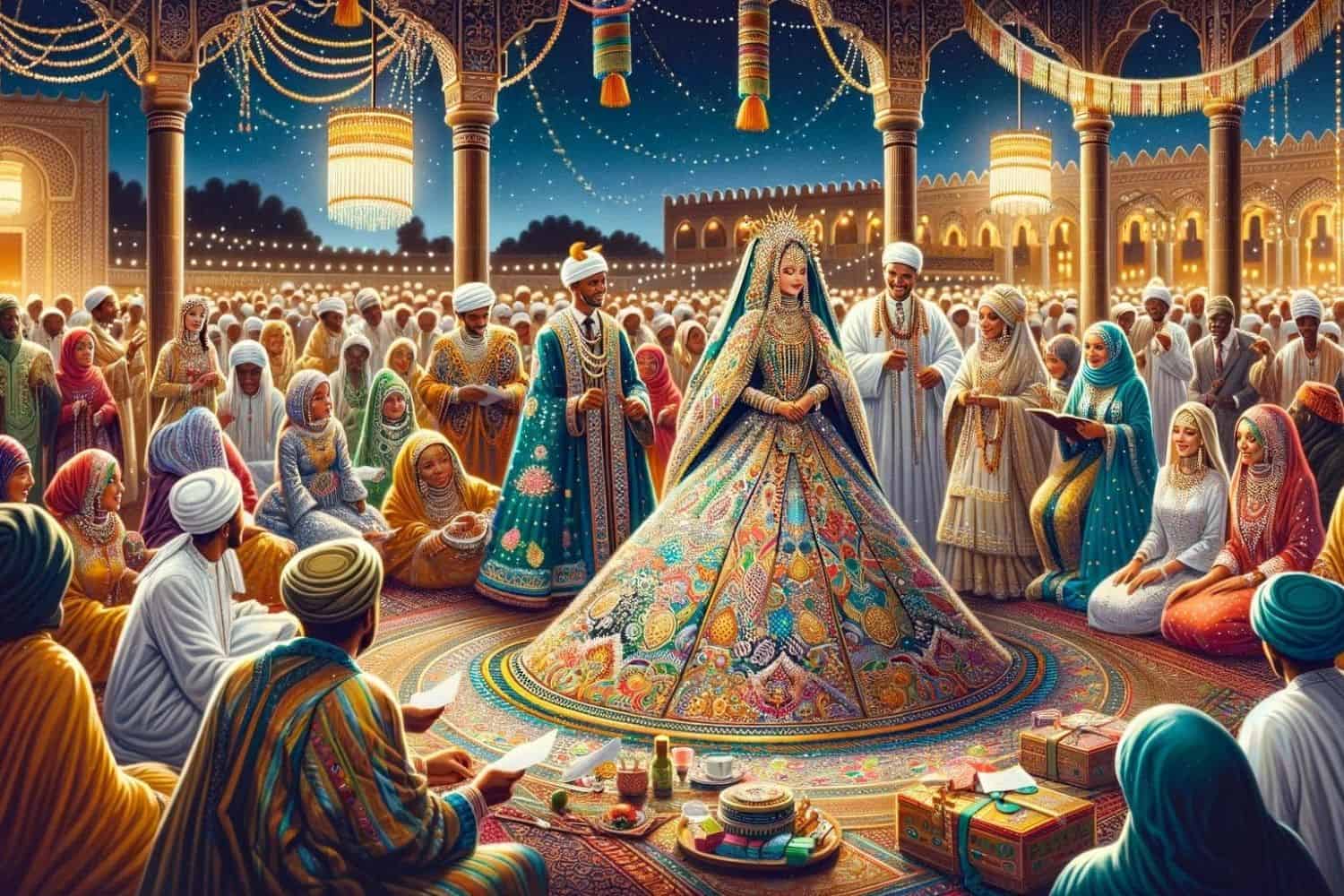
1. Arranged Marriages: Arranged marriages are prevalent in Mauritania, where families often play a crucial role in selecting suitable partners for their children. These unions are seen as a means to maintain cultural and social cohesion while ensuring compatibility between families.
2. Matchmakers: Matchmakers, known as “khataaba” in Arabic, assist in finding suitable matches for individuals. They consider factors such as family background, social status, and compatibility when suggesting potential partners.
3. Engagement: Once a suitable match is found, the engagement process begins with a formal agreement between the families. This agreement, referred to as “nudhum” or “ikhtilaf,” signifies the commitment of the couple to marry.
4. Wedding Celebrations: Mauritanian weddings are grand affairs that often span several days. They typically involve traditional rituals, feasting, music, and dancing. The primary wedding ceremony, known as the “Aqd,” involves the signing of the marriage contract and is commonly held in a mosque or at home.
5. Bridal Gifts (Mahr): The groom is expected to provide bridal gifts, which may include money, jewelry, or other valuable items, to the bride as a sign of commitment and financial security. The nature of these gifts can vary depending on the families and regions involved.
6. Bridal Attire: Brides in Mauritania typically wear exquisite, colorful dresses adorned with intricate designs and jewelry. The attire may vary based on the region and ethnic group, with Moors, Wolof, Fulani, and Soninke brides each showcasing distinct styles.
7. Religious Significance: Marriage holds both social and religious significance in Mauritania, with strong ties to Islamic customs and traditions. The marriage contract, known as “nikah,” is conducted according to Islamic principles and often includes recitations from the Quran.
8. Family and Community Involvement: Mauritanian weddings are not just a celebration of the couple but also a communal event. Extended families and the wider community play crucial roles in supporting and participating in the festivities.
9. Contemporary Changes: In urban areas and among the younger generation, there is a growing trend toward love marriages, where individuals choose their partners based on personal preferences. However, even in such unions, traditional customs and ceremonies may still be observed.
Mauritania’s marriage traditions underscore the significance of family, community, and cultural identity in Mauritanian society. While some practices have evolved over time, they continue to be a significant aspect of Mauritanian life, preserving the country’s rich cultural heritage and social bonds.
Mauritania Food Culture
Mauritania food culture is a captivating and diverse reflection of its history, geography, and the fusion of culinary traditions from North Africa, West Africa, and the Arab world.
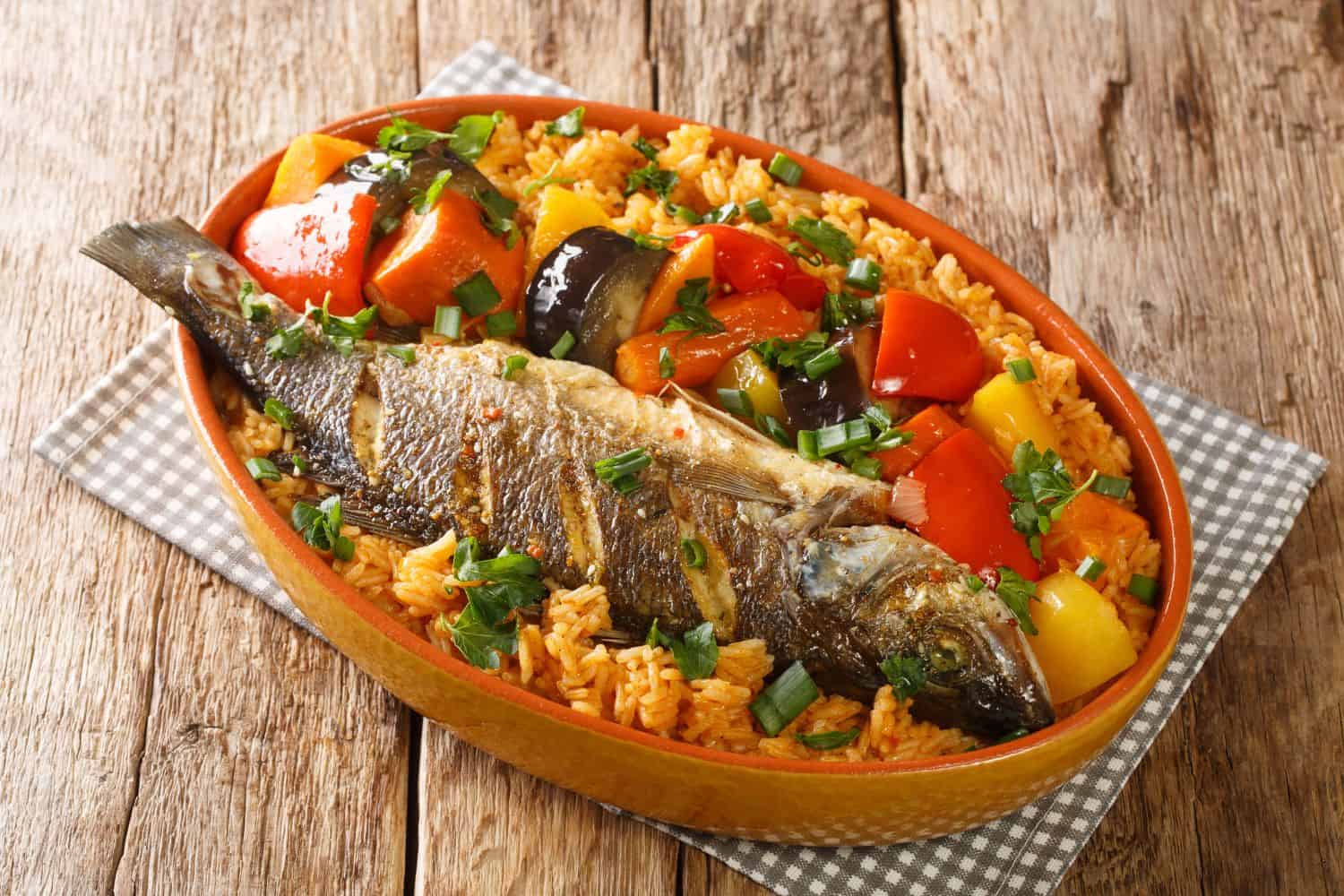
- Regional Variation: Food from Mauritania diverse geography, spanning from the Sahara Desert to coastal areas, has fostered a variety of regional cuisines. Each region incorporates local ingredients and traditional cooking methods, contributing to a rich tapestry of flavors.
- Grilled Meats and Seafood: Grilled meats and seafood are a hallmark of Mauritanian cuisine. Lamb, beef, fish, and other seafood are commonly used, often seasoned with spices and herbs.
- Exotic Spices: Mauritanian cuisine incorporates a variety of exotic spices and herbs, including cinnamon, ginger, cloves, and mint. These spices add depth and aroma to dishes.
- Traditional Dishes: Mauritanian cuisine features traditional dishes like “chakhchoukha” (a spicy couscous dish), “mbouroukou” (a millet porridge), “thiéboudienne” (fish and rice), and “méchoui” (slow-roasted lamb). These dishes may have regional variations.
- Use of Sour Milk: Sour milk, known as “lben,” is a common ingredient in Mauritanian cuisine and is used in dishes like “lebna” (yogurt-based dips) and “chappat” (sour milk drink).
- Saharan Baking: In the desert regions of Mauritania, traditional baking techniques are employed, such as using underground ovens for baking bread and preparing dishes like “maghreb lamb” and “msemen.”
- Sweets and Desserts: Mauritanian desserts often feature ingredients like dates, honey, and almonds. “M’halbi” (a rosewater-flavored pudding) and “bouznika” (date-filled pastries) are popular sweets.
- Tea Tradition: Mauritania has a strong tea culture, with “attaya” (sweet green tea) being a popular choice. It is often prepared with elaborate rituals and serves as a symbol of hospitality and social gatherings.
- Family and Community Dining: Mauritania culture places great importance on communal dining. Families and friends often gather around a “dastarkhan” (tablecloth) to enjoy meals together.
- Influence of Mauritanian Diaspora: Mauritanian cuisine has gained recognition and popularity in various parts of the world due to the Mauritanian diaspora. Mauritanian restaurants in international cities offer a taste of Mauritania culture to diverse audiences.
- Resilience and Adaptability: Despite various challenges, Mauritanian cuisine has endured and adapted. The resourcefulness of Mauritanian cooks is evident in their ability to create delightful meals even in demanding circumstances.
Book our services
These guiding services ensure that your journey is not only enjoyable but also informative and hassle-free. Mauritania’s cultural delights, historical marvels, and natural wonders await your exploration with RJ Travel LLC. Our Mauritania Private Tours are designed to immerse you in the rich cultural heritage, historical significance, and breathtaking landscapes of this extraordinary nation.
Contact Us and our team will make sure to help you plan your trip to Mauritania when it’s safe and ready for travel. Whether you’re interested in joining a pre-arranged Mauritania small group tour or creating a custom itinerary, we are here to make your Mauritanian adventure an unforgettable reality.
More About Mauritania
[the-post-grid id=”54115″ title=”Mauritania Main page”]
Book Your Trip to Mauritania Today!
Embark on an unforgettable journey and explore the allure of Mauritania through our exclusive tours.

